|
LISTEN TO THIS THE AFRICANA VOICE ARTICLE NOW
Getting your Trinity Audio player ready...
|
U.S. President Donald Trump Wednesday, April 2, 2025, imposed sweeping tariffs on imports from more than twenty African nations, sparking fears of economic downturns across the continent. Lesotho is the worst hit.
The new trade measures introduce a minimum 10% tariff on all foreign imports to the U.S., with significantly higher rates for certain African countries.
The decision marks a sharp departure from previous U.S. trade policies, which had encouraged African exports under agreements like the African Growth and Opportunity Act (AGOA). Many African industries that have long relied on the American market to drive economic growth now face higher costs and reduced competitiveness.
Under the new tariffs, South Africa will be hit with a 30% duty on its exports, while other countries, including Botswana, Madagascar, and Mauritius, will face rates ranging from 37% to 47%. Nigeria’s exports will be taxed at 14%, while countries such as Kenya, Ghana, Ethiopia, Tanzania, Uganda, Senegal, and Liberia will be subject to the baseline 10% tariff.
Trump defended the tariffs, claiming they were necessary to counter what he described as “unfair trade practices” by foreign nations. Speaking at the White House, he insisted that the U.S. had been “cheated” and “pillaged” for decades, adding that these tariffs represented America’s “economic independence”. Trump singled out South Africa, claiming it had been one of the “worst offenders” in restricting American imports.
His remarks reflect a worsening diplomatic relationship between Washington and Pretoria, which has deteriorated since Trump’s return to office. The U.S. president has previously criticized South Africa’s land reform policies, claiming they discriminate against white farmers, a stance that South African officials have dismissed as misleading.
While the tariffs are set to take effect in two phases, on April 5 for baseline rates and April 9 for higher duties, African governments are already scrambling to respond. The measures could significantly impact industries such as textiles, mining, and agriculture, which have relied on duty-free access to the U.S. under AGOA.
One of the hardest-hit countries is Lesotho, a small southern African nation that depends heavily on U.S. trade. With a 50% tariff now imposed on its exports, the second-highest in the world after China, Lesotho faces a serious economic crisis. The country’s garment industry, which produces jeans for major American brands like Levi’s and Wrangler, is at risk of collapse.
Trade between the U.S. and Lesotho has historically been highly favorable for the small nation, with Lesotho exporting $237.3 million worth of goods to the U.S. in 2024, compared to just $2.8 million in U.S. exports to Lesotho. The U.S. is Lesotho’s second-largest trading partner after South Africa, accounting for about 28% of its total trade. With trade representing more than 10% of Lesotho’s entire economy, the new tariffs could cause widespread job losses and economic instability.
The broader implications of Trump’s trade policy extend beyond Lesotho. African economies have spent decades building strong trade ties with the U.S., and the sudden imposition of tariffs threatens to undo years of economic progress. Experts warn that the loss of preferential trade access could push African nations to seek new partnerships, with many likely to deepen economic ties with China and the European Union.
China, already Africa’s largest trading partner, has aggressively expanded its influence across the continent through infrastructure investments, low-interest loans, and trade agreements. With U.S. tariffs making African exports less competitive, many African countries may now look eastward for new economic opportunities.
Trump’s African tariff hikes are part of a larger global strategy. In addition to targeting Africa, the president also announced a 34% increase on Chinese imports, bringing the total duties on Chinese goods to 54%; the highest in the world. He has also imposed a 25% tariff on all foreign-made automobiles, a move that analysts say could redirect more used vehicles to African markets, where second-hand cars from Japan, Germany, and China are already in high demand.
The question now is how African leaders will respond. While some governments may attempt to negotiate exemptions or reduced tariffs, others may pivot toward regional trade initiatives such as the African Continental Free Trade Area (AfCFTA), which aims to boost intra-African commerce and reduce reliance on Western markets.
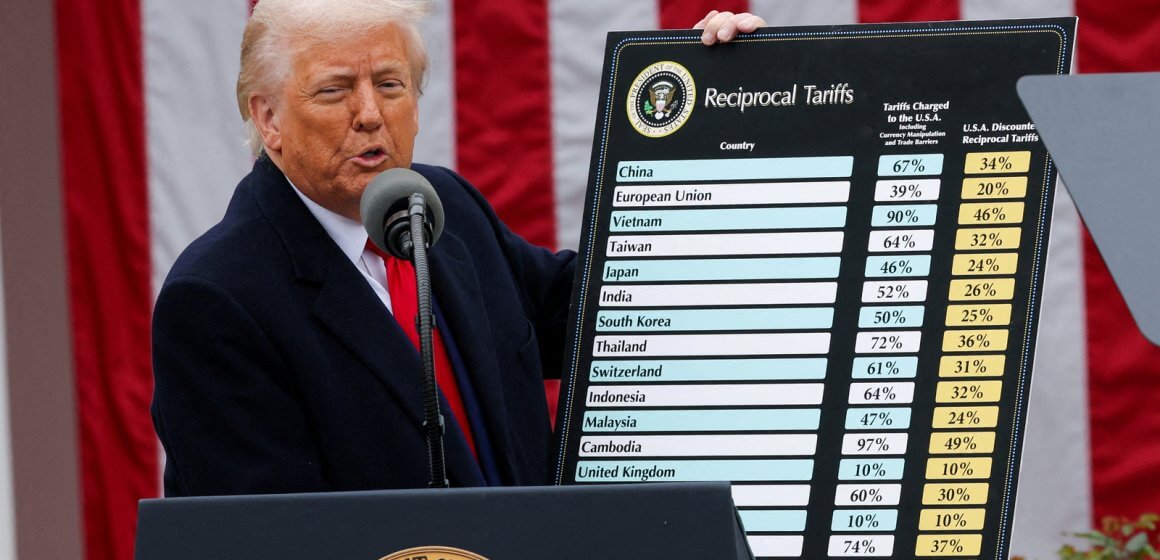
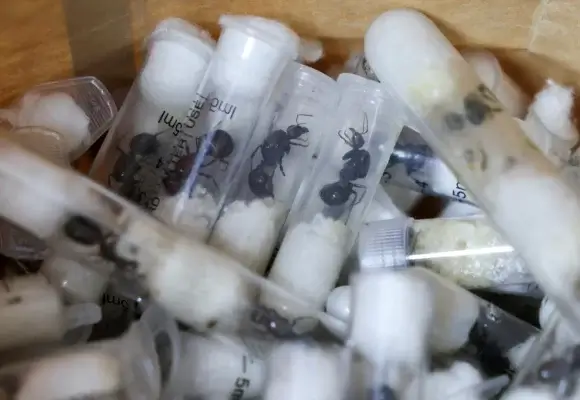



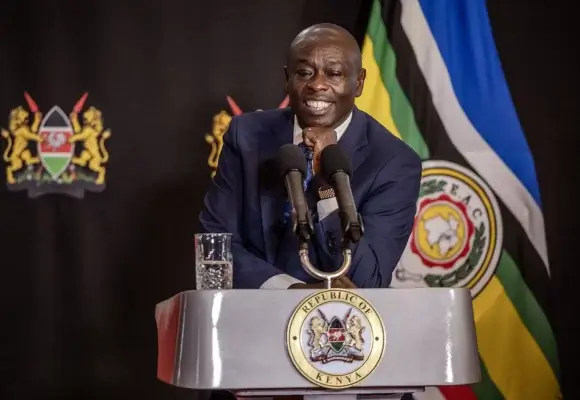
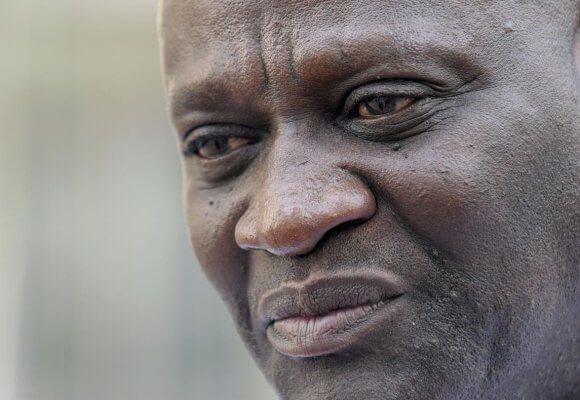
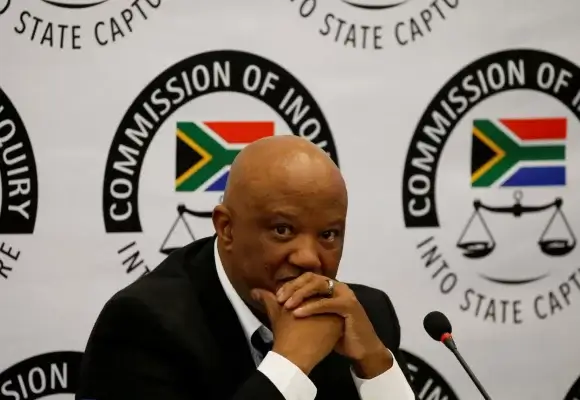



LEAVE A COMMENT
You must be logged in to post a comment.